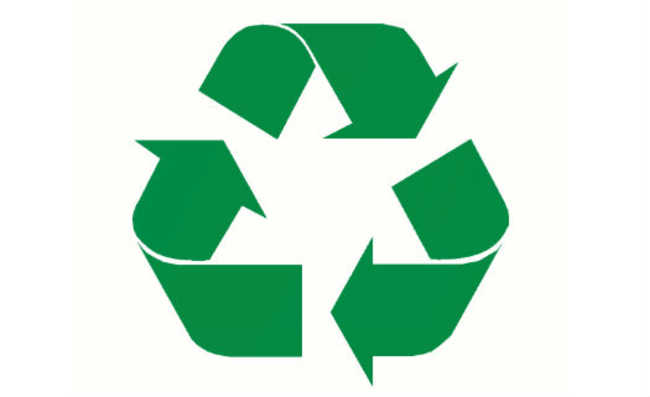Understand what energy eco-efficiency is
Energy eco-efficiency is an activity that seeks to improve the use of energy sources

Die_Sonja image on Pixabay
The term “energy eco-efficiency” is related to the more efficient use of materials and energy in order to reduce economic costs and environmental impacts. Created in 1992, the concept is currently adopted by companies around the world to be able to produce more while using less inputs and raw materials. Eco-efficiency is achieved through the 3Rs: reduce consumption, reuse what is possible and recycle. The concept suggests a significant link between resource efficiency and environmental responsibility.
Despite being widely implemented in companies, the practice can also be adopted by individuals who seek to have more sustainable habits in their daily lives. This is because energy eco-efficiency is an activity closely related to sustainable development.
With the efficient use of energy resources, it is possible to reduce the impacts caused by human beings on the environment. In this way, the demand for fuels and other inputs associated with energy can be reduced, as well as the water and air pollution caused by them.
What is eco-efficiency?
According to the definition of World Business Council for Sustainable Development (World Business Council for Sustainable Development, in free translation), the term eco-efficiency can be understood as a way of producing and supplying competitive goods and services in the market with less consumption of natural resources and less generation of pollutants. The objective is to satisfy human needs and maintain quality of life with a minimum of negative changes to the environment.
Eco-efficiency can be applied to our daily attitudes. For this, we must take into account social and environmental issues when purchasing goods, as well as when contracting services, always seeking to assess the impacts caused.
Check out some practical tips that can be applied when purchasing products or services following the concept of energy eco-efficiency:
- When purchasing national electronic products, opt for those that have the Procel energy efficiency seal and, among them, those that consume less energy. In the case of imported products, opt for those with the Energy Star seal;
- Look for alternative and renewable forms of energy generation, such as solar panels and biodigesters;
- Prefer the purchase of LCD monitors, which reduce on average 40% of electricity consumption;
- Give preference to purchasing fluorescent, electronic or LED lamps, which have greater durability and efficiency. LEDs are considered the most ecological, because they do not have mercury in their composition and reduce energy consumption;
- Use ecological refrigeration systems;
- If possible, replace conventional lighting systems with automatic ones.
In addition, some environmental seals and certifications demonstrate the company's commitment to social responsibility and the environment. Therefore, it is important to question whether the products offered have forest certification or seal for materials, products and equipment, confirming their compliance with the criteria of health, quality, economy and social and environmental responsibility.
As highlighted, the Procel Seal is an example. Created by the National Electric Energy Conservation Program – Procel, a Federal Government program executed by Eletrobras, the Procel Seal was established by Presidential Decree on December 8, 1993. Its purpose is to be a simple and effective tool that allows consumers to know , among the products available on the market, the most efficient and the ones that consume the least energy.
Why invest in energy eco-efficiency?
Investing in eco-efficiency can bring numerous benefits to corporations. Through an environmental management system, eco-efficiency is essential to reduce production costs (and consequently increase profits), avoid environmental and health risks to employees or customers, reduce pollution, achieve environmental legal compliance, ensure the maintenance of available natural resources and motivate people involved with your product/service to engage in environmental issues.
Eco-efficiency is one of the main measures that contribute to a sustainable future. In addition to generating several benefits for enterprises, adopting an eco-efficient posture means meeting human needs and providing quality of life without causing environmental impacts and spending the least amount of non-renewable natural resources. Therefore, it is extremely important that everyone does their part for a lighter footprint.










